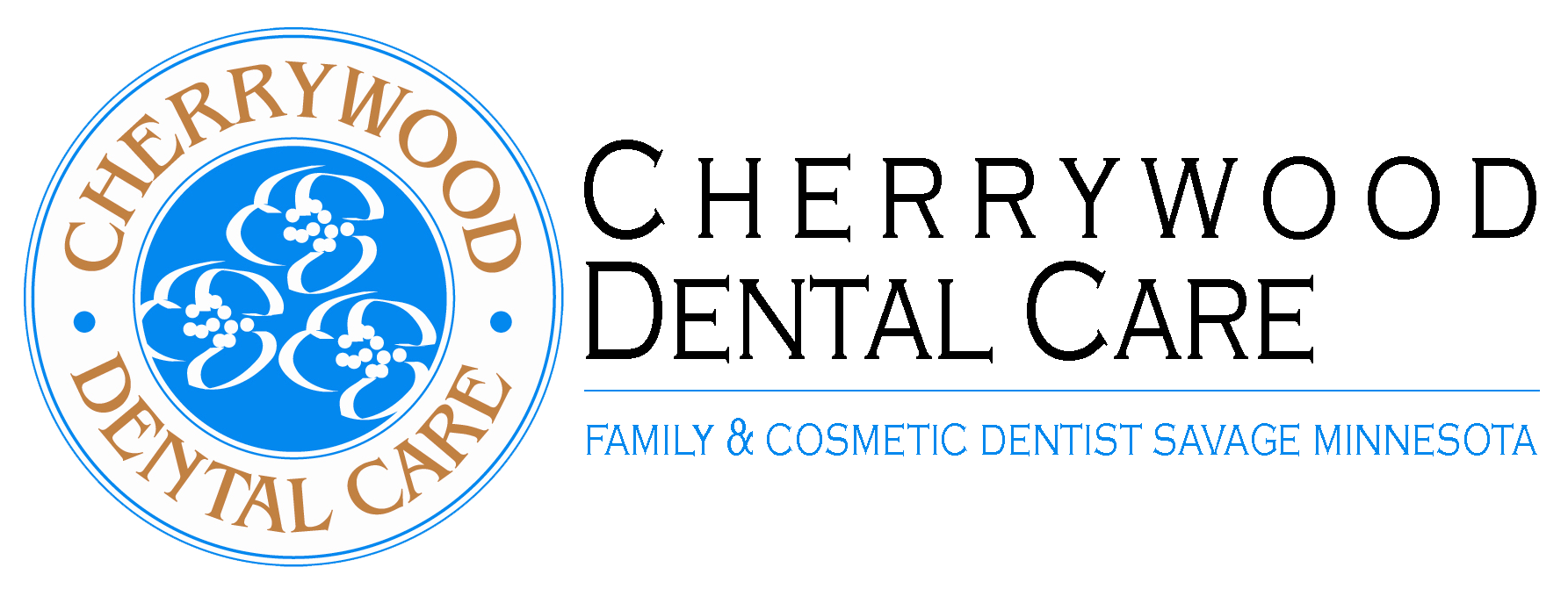My Teeth Hurt After Cleaning
If you have not had a dental cleaning in a few years, the first one back may be a little uncomfortable. You should know that some discomfort or pain after a professional dental cleaning is common. Tooth sensitivity, or discomfort in the teeth, is often reported after a dental cleaning. Why is this? During a dental cleaning your hygienist or dentist will apply more pressure to the teeth than usual and use tools that can irritate the gums. All of this is out of the ordinary compared to daily brushing and flossing. So, what can you do? Below is more information on why you may experience pain after a routine dental cleaning and tips to help you deal with the discomfort.
What causes tooth sensitivity?
One of the biggest reasons why individuals have discomfort after a dental cleaning is that they have general tooth sensitivity. The primary cause of tooth sensitivity is when the gums have pulled back, or receded, and exposed the underlying root of the tooth. Our teeth are covered by a hard enamel that protects them. This root area of the tooth is not covered by hard enamel and therefore is incredibly sensitive. Heat, cold, and pressure are all things that can trigger sensitivity and send pain signals to the root of the tooth. What are specific things that cause a sensitivity response? Here are a few:
- Brushing too forcefully: This is a common cause of sensitivity and you may have experienced it before. In fact, about 2/3 of adults apply too much pressure when brushing.
- Poor oral hygiene: Skipping on daily brushing and flossing can allow plaque and bacteria to build up and eventually result in gum recession.
- Dental procedures: Any amount of extra work including pressure and the use of tools in your mouth can cause sensitivity, especially whitening, cleaning, capping, or filling procedures.
- Diet: Foods that are acidic, or high in acid, can cause the tooth enamel to erode, leading to exposure of the root. Additionally, excessive consumption of hot or cold beverages can also cause sensitivity.
Treating tooth sensitivity
If you suffer from regular tooth sensitivity, it may be relieving to know that this is a common experience and there are ways to treat this discomfort. Taking good care of your gums and teeth through daily brushing and flossing is the ultimate way to prevent tooth sensitivity. This may include using a soft toothbrush and not brushing too hard. If you have sensitive teeth here are some tips to help with discomfort:
- Sensitivity specific toothpaste: There are many available brands of toothpaste specifically made for sensitive teeth. Try one of these out.
- Brush gently: Making this small change in your daily routine can go a long way to easing your discomfort.
- Fluoride mouth rinse: Added fluoride can help remineralize and harden the surface of the teeth.
If your sensitivity is really bothering you, let your dentist know. They will assess the level of the sensitivity and will suggest some strategies to help eliminate the discomfort. Additionally, they may take a different approach to cleanings to make them less uncomfortable for you.
More on Dental Cleaning & Exams : How Long Does a Teeth Cleaning Take?

